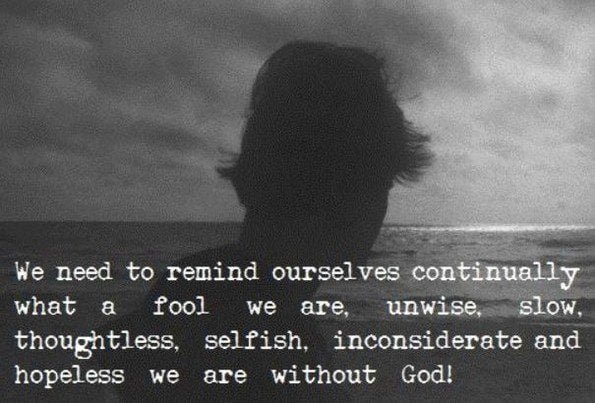
I have listened to several podcasts and read blog posts by Christian apologists asserting that people who leave Christianity are weak; that if they had more character, backbone, and strength they would have remained Christians. Long-time readers have witnessed Evangelical preachers such as Dr. David Tee frequently suggest that I am weak, a quitter. Such false accusations certainly sting, but I have learned that folks who hurl such things my way are only trying to disparage and hurt me.
Evangelical critics know that it’s anything but easy for committed believers to walk away from Christianity. Such people were not nominal Christians who infrequently attended church. Thus, these critics are gaslighting people when they say that former Christians were weak, and that’s why they deconverted. I contend that most people who deconvert have great strength and courage; and that there was nothing easy about them walking (or running) away from everything they held dear.
In my case, I had been part of the Evangelical church for fifty years, a pastor for twenty-five of those years. As a person of deep faith and love for Jesus, I devoted my entire life to following Jesus and doing the work he called me to do. My partner of forty-six years can say the same. God wasn’t something we just did on Sundays. God, Jesus, the Bible, the church, and the work of the ministry dominated our lives seven days a week. We were not nominal, half-hearted believers, as any former church member and ministerial colleague will attest. Simply put, if we weren’t Christians, nobody was.
Thus, when we walked away from Christianity, it wasn’t because we were weak. If we were weak, we would have remained in the church. If we were weak we would have continued to play the game. Instead, we made the hardest decision in our lives. With much angst and psychological pain, we left all we held dear. we lost our church community, family, and social connections. Overnight we were ostracized and treated as if we were tools of Satan. People we had known all our lives, met in college, or labored together in God’s vineyard, abandoned us overnight. I received nasty, hateful emails, letters, and blog comments from people who previously loved and respected me. Several preachers used my deconversion as sermon fodder, spreading half-truths and lies about me.
Weak, we were not, and neither were others I know who deconverted. How much strength would it have taken for us to stay in the church? Not much. It is always easier to go along than it is to stand up for what you really believe. I don’t fault anyone who takes a different path, but to suggest that I was somehow “weak” because I dared to act upon my beliefs and convictions is untrue. Those who suggest otherwise are guilty of character assassination.
Former Evangelical Christians are some of the strongest people I know; people willing to be true to their convictions and beliefs; people who put intellectual honesty above perception; and people who are willing to make great sacrifices to maintain and practice their beliefs. Many of them have forsaken all to follow reason, skepticism, and rational inquiry. I applaud their commitment to truth. To call such people “weak” is just a cheap attempt to smear their character.
Bruce Gerencser, 68, lives in rural Northwest Ohio with his wife of 47 years. He and his wife have six grown children and sixteen grandchildren. Bruce pastored Evangelical churches for twenty-five years in Ohio, Texas, and Michigan. Bruce left the ministry in 2005, and in 2008 he left Christianity. Bruce is now a humanist and an atheist.
Your comments are welcome and appreciated. All first-time comments are moderated. Please read the commenting rules before commenting.
You can email Bruce via the Contact Form.

